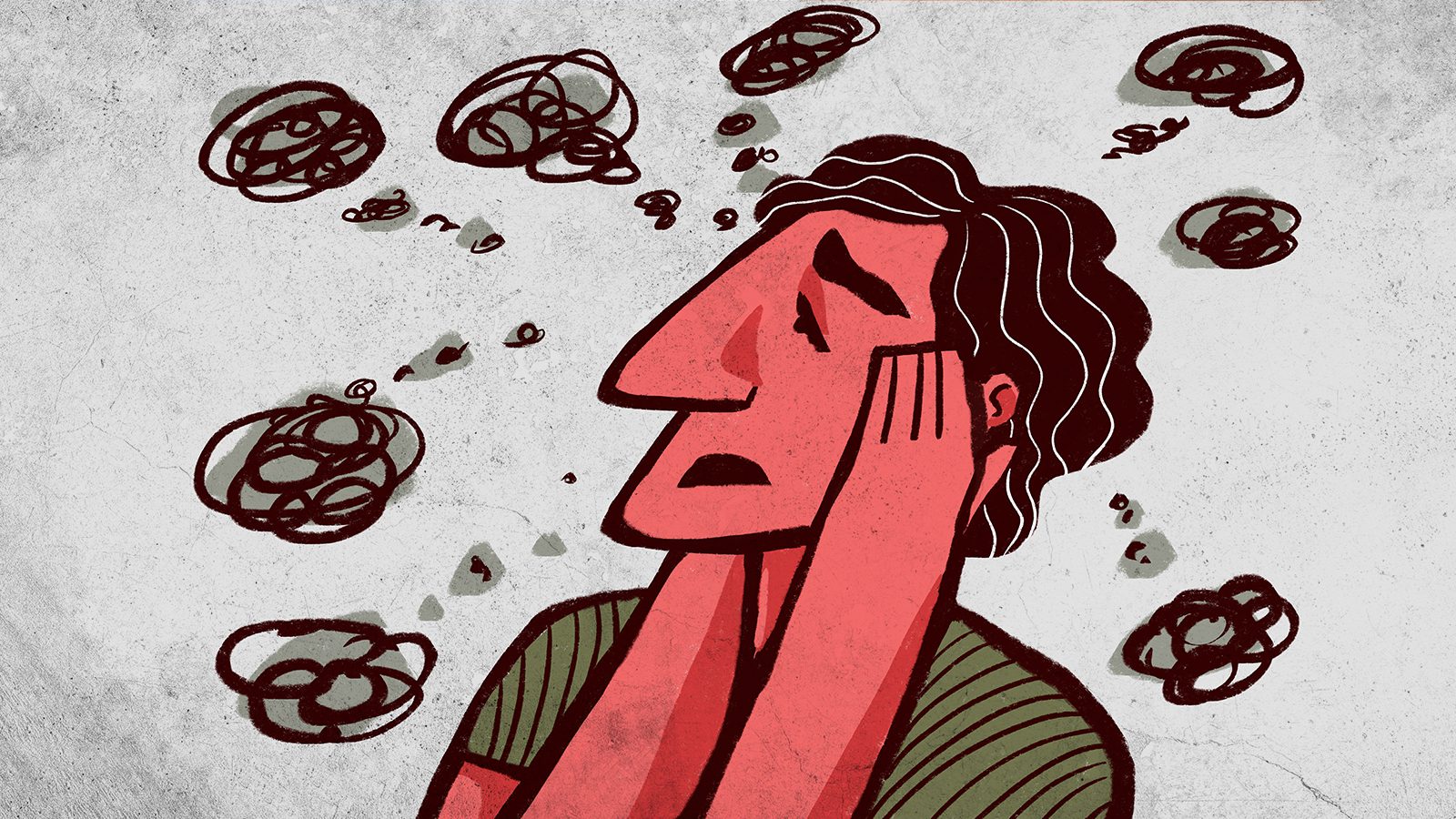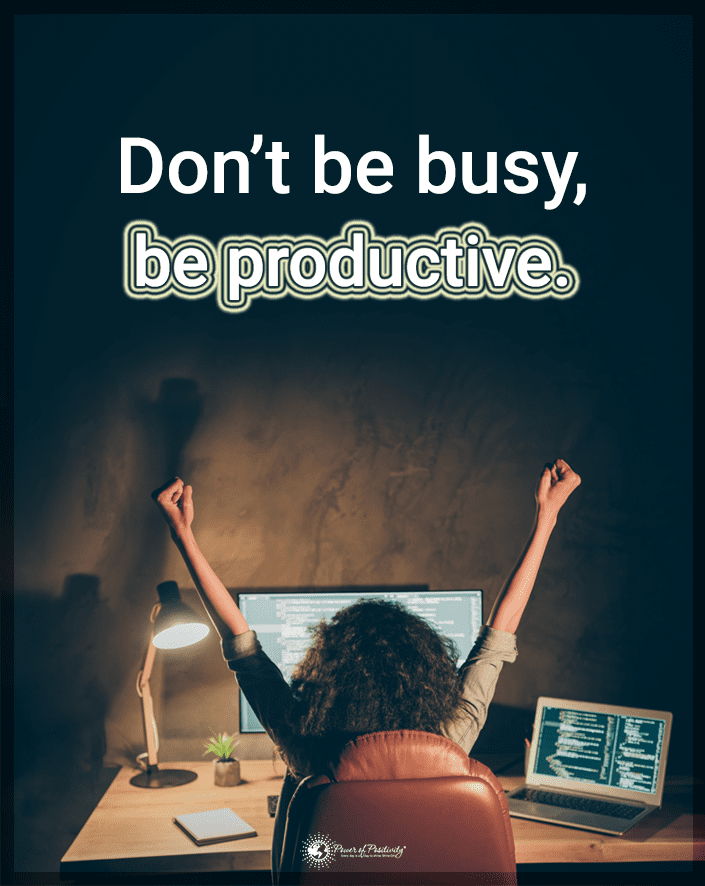Many people today suffer from mental exhaustion due to the mounting pressures of modern life. Manual labor can drain your energy from physical exertion, but what about complex cognitive tasks? Thinking for hours can make you feel as much fatigue as running a marathon.
Researchers have found new evidence to explain why thinking causes mental exhaustion. And they also discovered that intense concentration leaves less brain power for making decisions.
For instance, you may opt for a microwave dinner instead of cooking after a long day after you come home from work. Since you have limited energy, your mind naturally gravitates towards the easiest option.
The research reported in Current Biology delves deeper into why people feel mental exhaustion after periods of intense focus. Researchers found that several hours of intense cognitive labor causes a buildup of toxic byproducts in the prefrontal cortex. This accumulation of toxins can inhibit your decision-making skills, making you choose low-cost actions that require little effort.
“Influential theories suggested that fatigue is a sort of illusion cooked up by the brain to make us stop whatever we are doing and turn to a more gratifying activity,” says Mathias Pessiglione of Pitié-Salpêtrière University in Paris, France.
“But our findings show that cognitive work results in a true functional alteration — accumulation of noxious substances — so fatigue would indeed be a signal that makes us stop working but for a different purpose: to preserve the integrity of brain functioning.”
Pessiglione and his colleagues wanted to understand the mechanisms causing mental exhaustion. While the brain resembles a highly complex machine, it cannot compute endlessly like a machine.
So, researchers wanted to find out why the brain has limited thinking capacity. They hypothesized that the brain’s need to recycle potentially toxic byproducts of neural activity might explain its limitations.
Study Proves What Causes Mental Exhaustion
To prove this hypothesis, the team used magnetic resonance spectroscopy (MRS) to measure brain chemistry throughout the workday. They analyzed two groups of people: those who had to think intensely for work and those who had comparatively undemanding mental tasks.
The team only observed obvious signs of exhaustion, such as pupil dilation, in the group doing hard mental labor. People in that group also tended to seek instant gratification after completing work.
They also showed higher glutamate levels in the brain’s prefrontal cortex synapses. Combined with prior evidence, the authors believe this supports the idea that glutamate buildup slows brain activity. In other words, toxic substances in the brain make cognition more challenging and energetically costly after a mentally demanding workday.
Could we somehow circumvent these constraints on our cognitive abilities? Unfortunately, researchers believe the brain’s computing powers have hard limits–for a good reason.
“Not really, I’m afraid,” Pessiglione said. “I would employ good old recipes: rest and sleep! There is good evidence that glutamate is eliminated from synapses during sleep.”
The authors offered additional advice on avoiding mental exhaustion. They believe that monitoring prefrontal metabolites could help identify extreme cognitive fatigue. Detecting these toxins in the brain may encourage employees to take breaks more often, thus avoiding burnout. Researchers also suggest people refrain from making critical decisions when feeling mentally exhausted.
In follow-up studies, the team hopes to discover why the prefrontal cortex seems particularly vulnerable to glutamate buildup and mental exhaustion. In addition, they want to explore further research on glutamate recovery levels during sleep or rest. Finally, they’re interested to learn whether the same fatigue markers in the brain could improve treatments for conditions like depression or cancer.
Tips on Avoiding or Limiting Mental Exhaustion or Fatigue
In our overly stressed world, more people have reported feeling burnt out than ever before. In a 2021 Indeed survey, 52% of Americans said they felt burnt out, with millennials being the most affected generation at 59%. So, what can we do to combat this ever-increasing mental exhaustion? Below, we’ll provide a few tips on improving your mental stamina.
• Protect your energy. We have endless distractions in our modern world, all demanding our attention. However, you don’t have unlimited energy, so use it wisely. You don’t have to agree to work longer hours or respond to text messages when you feel the impact of mental exhaustion. Take your power back by setting clear boundaries with yourself and others. Give yourself a time limit to catch up with friends on social media, and then give technology a break. Our brains need rest, especially in our “always on” society.
• Avoid multitasking. Did you know that our brains can’t multitask? We may think we’re accomplishing more by multitasking, but the brain can only complete one task simultaneously. Therefore, multitasking slows us down since the brain must switch rapidly between tasks. Researchers have found that attempting to multitask can reduce productivity by up to 40%!
• Choose what to care about. It seems evident that we have a problem with overthinking in society. Smartphones and technology have likely played a significant role in the epidemic of overthinking. Our brains haven’t evolved to handle the inundation of stimuli and inputs in modern society. To minimize the thoughts in your mind, try to simplify your life as much as possible. When the mind isn’t stretched so thin, it eliminates some cognitive stress many of us experience.
• Meditate. Studies prove that regular meditation can improve focus and reduce distractibility by altering alpha wave activity. Try meditating for at least fifteen to thirty minutes daily to eliminate mental exhaustion.
Final Thoughts on Study Showing What Causes Mental Fatigue
A recent study by researchers from the University of Paris revealed what causes mental exhaustion. The team found that intense mental labor for prolonged periods results in toxic byproducts such as glutamate in the brain. These toxins accumulate in the prefrontal cortex, which can reduce decision-making abilities and cause cognitive decline.
They hope further research will reveal why the prefrontal cortex seems especially susceptible to mental fatigue. A few ways to avoid mental tiredness include taking breaks, setting boundaries, and meditating. Remember, taking care of your needs before catering to society’s demands isn’t selfish.
















 Community
Community

